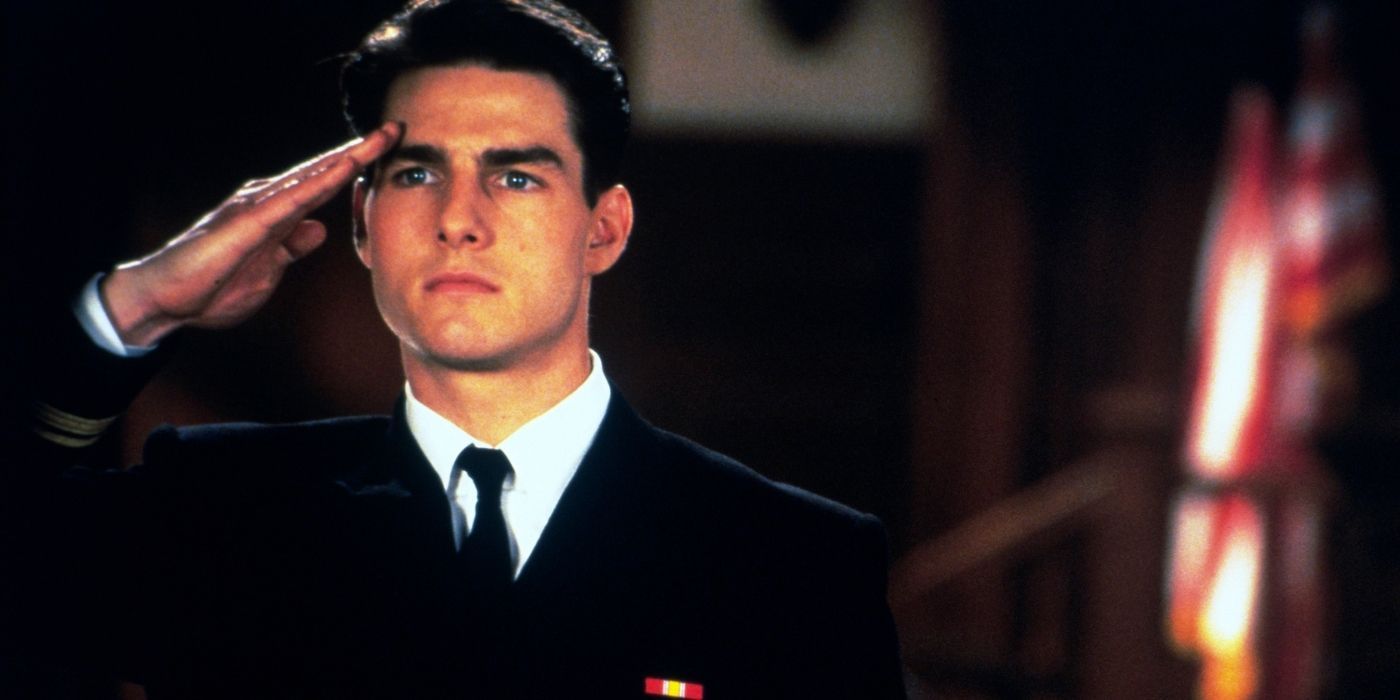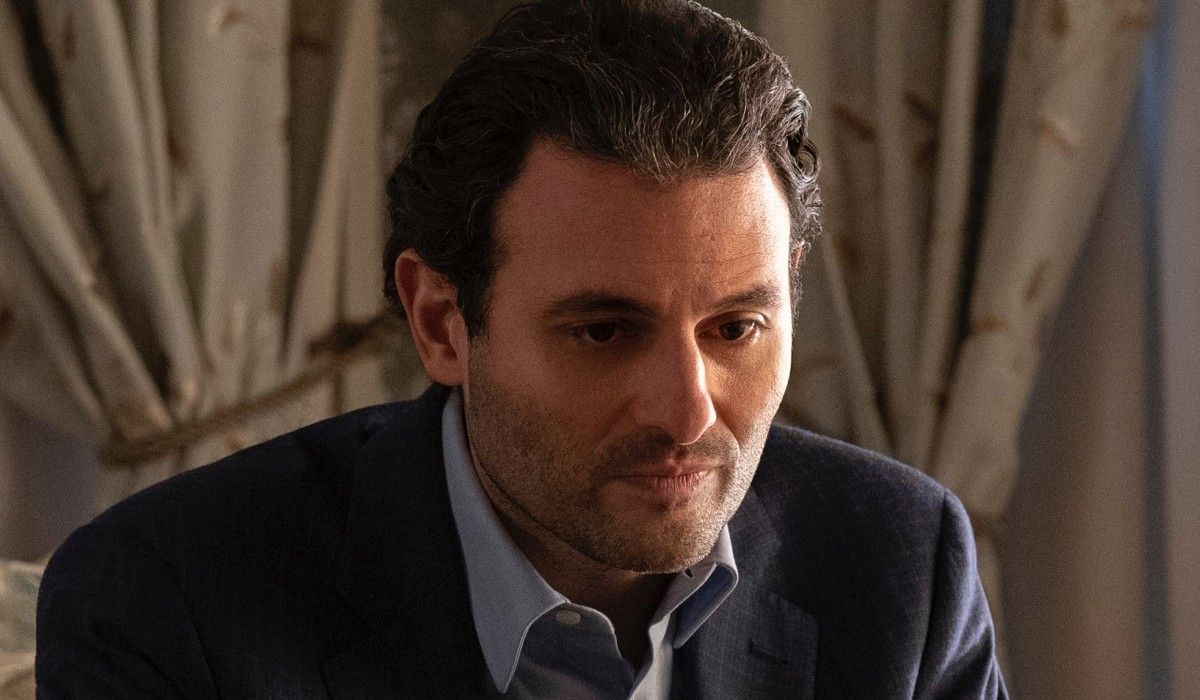As children, there's a lot of stress placed on the question of "What you want to be when you grow up?" I can remember being asked this question as early as maybe 5 years old, and it was a dreadful question whose answer only got worse and more vague with age. There was a mantra, "to do what you're passionate about," so that you will "never work a day in your life." As a child, I had a hard time finding passion in simply "doing" one thing-there was so much to be passionate about, but how did that lead to fulfillment? Then, once fulfillment is found, how does that lead to a viable income? For my Baby Boomer mother and father, the former wasn't that important, but the latter, they argued, was everything. In the same breath, they would say that while money doesn't buy happiness, it certainly helps.
My father is retired from the U.S. Navy, where he served for over 20 years and earned the rank of Senior Chief. He is from Peru, and through the Navy, was able to gain U.S. citizenship. The Navy was his way of giving back to a nation that brought him better opportunities than his native country and in the process, he was able to provide a stable income for his family and passage to over 50 countries. If I'm being honest, I'm not certain that he found passion with the Navy, but he found fulfillment in his service, and even if he didn't find passion, he was satisfied. Although he had to spend much of his life away from his growing family, he's very happy with his decision to have joined the Navy because being a good father, in his eyes, required sacrifice. Still, if you'd asked him what he wanted to be as a child, he would have said that he wanted to be a pianist in a Salsa band.
In 1992, legendary actor-filmmaker Rob Reiner released A Few Good Men, which was later nominated for the prestigious Best Picture Oscar, as well as Best Film Editing, Best Sound Mixing and Best Supporting Actor for Jack Nicholson. It spawned one of the greatest movie quotes of all time, and brought attention to incidents that served as the inspiration for the film within the U.S. Marine Corps. A Few Good Men's main character, Daniel Kaffee (Tom Cruise), is a member of the JAG Corps in the U.S. Navy. Like many legal dramas, it's a sort of David and Goliath story, in which the protagonist does not see themselves as able to achieve their goal, but do as a result of their own intuition and intellectual prowess. A Few Good Men is my retired U.S. Navy father's all-time favorite movie.
Movies like A Few Good Men and The Devil's Advocate gave my father and mother the idea to encourage their argumentative, talkative, and indecisive child to become an attorney. My parents knew that the only way they could reach me was through movies or '90s hip-hop, so my days were flooded with legal dramas, and I saw everything from 12 Angry Men to Legally Blonde before I was 13. To be honest, they are all so good, but they are only so good because they tell a small portion of what it means to be a legal professional. So, what I thought was passion, was really just movie magic.
The Cost of Education vs. Earnings
I was not prepared for the possibility that the cost may outweigh the reward. Legally Blonde famously follows Elle Woods (Reese Witherspoon) as she ventures to Harvard Law School to win back her ex-boyfriend, Warner (Matthew Davis). While the movie does make mention of some important realities, like the LSAT or the Socratic Method, it makes no mention of the cost of law school. Law school is notoriously expensive, with the average cost getting to be well into the hundreds of thousands.
Upon graduation, like many graduate schools, there is the pressure to pay back loans, however long that may take. There is a stereotype that all attorneys are wealthy, but the entry-level earnings can vary greatly depending on what form of law one may practice or where they choose to work. It can be a six-figure job, or it can be a $30,000 job. As a result of seeing this up close, I decided to obtain a legal master's degree, rather than a Juris Doctor, but my master's program was still a very expensive education.
The True Nature of Legal Work
The most substantial issue that movies could not prepare me for was the work culture. Legal movies typically focus on the courtroom, but rarely focus on the work that occurs before a case begins, like filing pleadings or the process of discovery. Discovery is a particularly important process because it is where the facts of the case are shared between both parties. This process is only mentioned from time to time in film. Recently, in Inventing Anna, attorney Todd Spodek (Arian Moayed) is seen studying evidence at various points in the TV show.
Legal work necessitates a maddening amount of attention to detail that is all very deadline-sensitive. Although extensions can be granted, the aim is always to finish work by their pre-determined due dates. Additionally, movies make no mention of how little room there is for error while working in law, so while I may have done well in the courtroom, attention to detail was a skill that had to be learned. I did learn to pay precise attention to detail, but it often left me frustrated. Overall, the pressure to produce perfect work, combined with a high workload, and tight deadlines added stress to the workplace that made the office environment uncomfortable. These pressures compounded, and I found myself repeatedly depressed and undercutting my self-image. When I finally left the legal career for good, it was like taking breath of fresh air. No matter how little money I made, nothing seemed worth going back.
So, I couldn't handle the reality of working in law, and that's okay. The moral of the story is that no matter how much you prepare for a career, very few things can prepare you for the reality of the career itself. Movies didn't prepare me for a legal career like trying it out in a preliminary sense but by giving it a try, I did explore one option thoroughly that I now know for sure I do not want to do. Sometimes the only way to figure out your passion is to explore your options, including the possibilities that seem outlandish, like being a salsa pianist.



.jpg)
